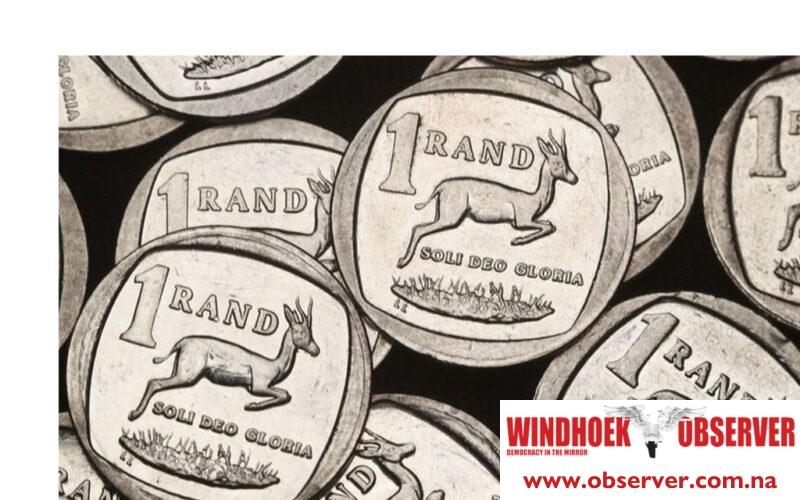Inflationary pressures for South Africa are forecast to ease further, ending this year at 4,4% and averaging 4,9% for this year. The Nedbank Group Economic Unit expects monetary policy easing to begin in September with a cumulative 50 basis points reduction in interest rates in the second half of the year, taking the prime lending rate down to 11,25% by the end of this year, followed by cuts of a further 75 basis points next year.
Nedbank expects South Africa’s economy to fare better in the second half of this year and throughout next year if the recent improvements in electricity supply and confidence are sustained. Exporters should benefit from more reliable energy supply, firmer global growth, and the anticipated upturn in commodity prices as US interest rates decline and the US dollar softens. Consumer spending will also recover as inflation falls further, real household incomes return to growth, and debt service costs decline on lower interest rates.
Nedbank Group delivered a relatively strong financial performance for the six months to 30 June, amid a challenging operating environment as headline earnings (HE) increased by 8% year on year to R7,9bn, and return on equity (ROE) increased to 15,0% (H1 2023: 14,2%). The increase in headline earnings was underpinned by good non-interest revenue (NIR) growth, a lower impairment charge and targeted expense management, partially offset by muted net interest income (NII) growth and lower associate income.
The operating environment in the first half of 2024 was challenging as economic activity remained weak, said Nedbank chief executive Jason Quinn.
“In addition to geopolitical uncertainty, persistent inflation, high interest rates and uncertainty ahead of the national elections in South Africa (SA) impacted domestic activity negatively. We remain cautiously optimistic around the potential benefits associated with SA’s Government of National Unity and expect better macroeconomic conditions in the second half of 2024 and into the medium-to-long term. While trading conditions improved noticeably as some of the most pressing structural constraints on the economy eased as a result of stabilised electricity supply, progress in resolving some of the other infrastructure constraints remained limited.”
Nedbank said relatively strong financial performance in the first half including the progress made in executing on its strategy and better economic prospects, give us confidence in making progress towards our medium-term targets and its aim to increase its ROE to 17% by next year and above 18% in the long term.”
The group’s headline earnings per share (HEPS) increased by 11% to 1 699 cents, diluted HEPS (DHEPS) increased by 12% to 1 650 cents and basic earnings per share (EPS) increased by 12% to 1 700 cents, ahead of the HE growth of 8%, as a result of the R5bn capital optimisation initiative that was materially completed in H1 2023.
The group’s world-class technology platform, delivered through its Managed Evolution (ME) programme, has now reached 95% completion. This has supported ongoing strong growth in digital-related metrics; client satisfaction scores at the top end of the South African banking peer group; good main-banked client growth; higher levels of cross-sell; market share gains in areas that create most value, including retail deposits, home loans, vehicle finance and overdrafts; and efficiency gains as we delivered on its Target Operating Model (TOM) 2.0 target of R2,5bn.-SENS/Johannesburg Stock Exchange.




